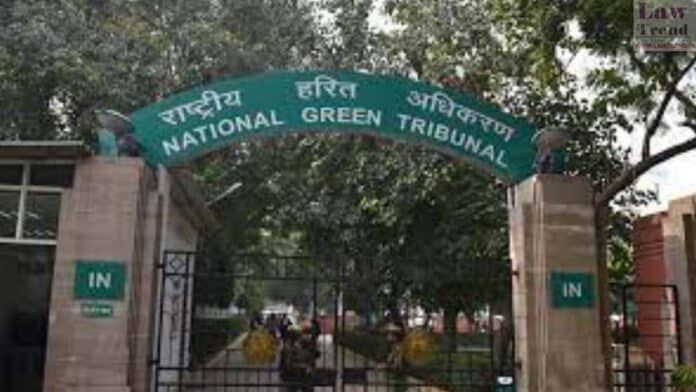The National Green Tribunal (NGT) has issued an order demanding the state of Uttarakhand to submit a detailed timeline for establishing adequate sewage treatment and solid waste management facilities in Kedarnath. This directive follows concerns over pollution in the Mandakini River, which has been exacerbated by unchecked sewage discharge and solid waste issues.
During a hearing regarding a plea that highlighted the environmental degradation in Kedarnath, the NGT reviewed a report from a joint committee. This committee, which included members from the Central Pollution Control Board, the Rudraprayag District Magistrate, and the Union Ministry of Environment, Forest and Climate Change’s regional office, found significant deficiencies in the region’s infrastructure. Notably, the report revealed the absence of a sewage treatment plant (STP) and any substantial waste management facilities in the area.
According to the committee’s findings, Kedarnath does not have the necessary facilities to manage the approximately 1.667 tonnes of solid and plastic waste generated daily during the tourist season. Furthermore, the tribunal criticized the ongoing construction of an STP with a capacity of 600 kilolitres per day as inadequate, highlighting the lack of sewage connections to local households.
In its order dated October 4, the NGT, chaired by Justice Prakash Shrivastava and including Justice Arun Kumar Tyagi and expert member A Senthil Vel, directed the state government to provide a comprehensive plan that addresses these shortcomings. The state must file an affidavit within six weeks, detailing the timeline for the completion of the sewage treatment infrastructure with adequate capacity and the establishment of effective solid waste management facilities.
Additionally, the tribunal mandated the maintenance of soak pits, which are essential for managing liquid waste, and called for ensuring 100% connectivity of local sewage lines to the new STP before the next tourist season.
The Uttarakhand Pollution Control Board (UKPCB) is also required to submit an affidavit within the same six-week period, outlining actions taken or planned against local authorities for violating environmental norms. The tribunal further allowed the petitioner to include the National Mission for Clean Ganga (NMCG) in the proceedings, recognizing the broader implications of pollution in the Mandakini River, a tributary of the Ganga.




